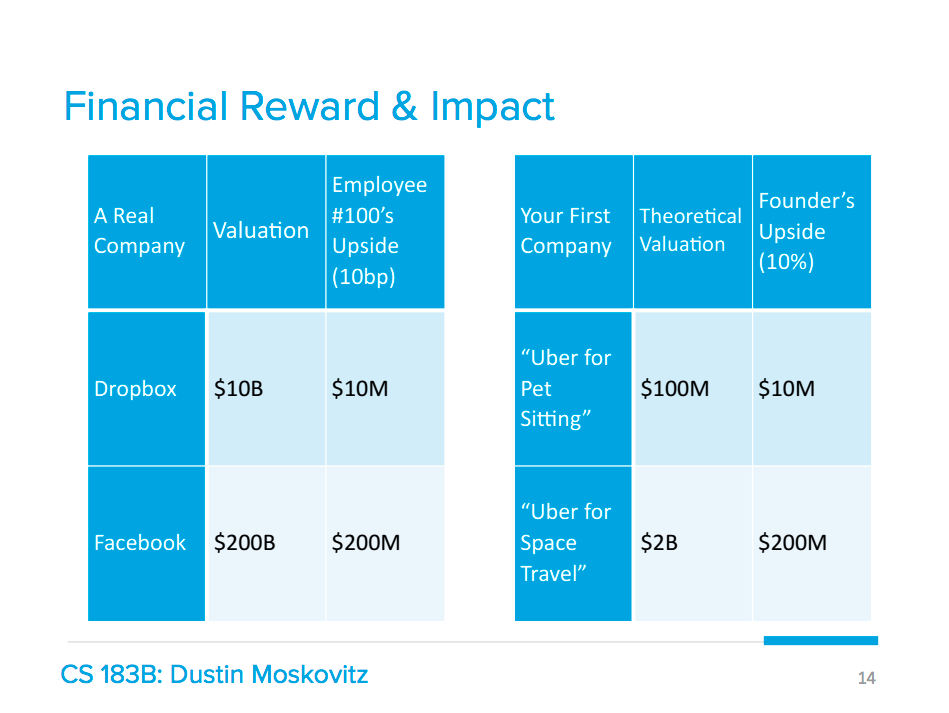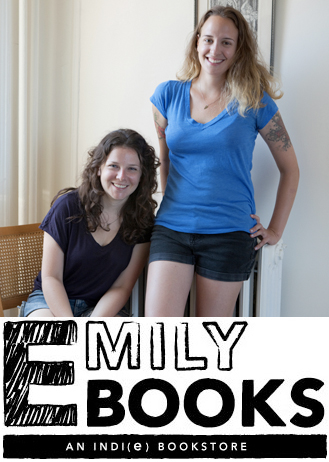
One of the original five Harvard students who helped build the largest social network in the world walks into a gastropub just a few blocks away from the dorm room where it all began. The handful of students and staff who have returned to campus on this bitterly cold January day show no signs of recognizing him. The host seats him without a second glance. The waitress breaks his heart by announcing they don’t serve root beer.
“I have a really complicated relationship with Harvard,” Andrew McCollum says after finishing his meal. McCollum, 31, who still has the look of a college student with jeans, a casual half-zip sweater and some light scruff, has moved away from Harvard multiple times over the years. Somehow, though, he always seems to end up back in this place. After all, this is the school that changed his life. “I definitely got some amazing things out of Harvard. I met Mark and Dustin and the other Facebook guys.”
McCollum became friends with Mark Zuckerberg through the many computer science classes they took together in Harvard and was one of the first people Zuckerberg told about his idea for The Facebook before it launched on Feb. 4, 2004. For more than a year after that, McCollum worked as part of the small founding team in Boston and later Palo Alto, California. Like Zuckerberg and cofounder Dustin Moskovitz, McCollum left Harvard to work full-time on the startup.
Then, in 2005, just as it was becoming clear that Facebook was taking off, McCollum did what now sounds unthinkable: He left Facebook and went back to school.
For the better part of the next decade, McCollum kept a low profile on and off campus. He got a bachelor’s degree in computer science and a master’s degree in education, traveled to 40 countries in a year, invested in and worked with startups behind the scenes. Humble by nature, according to friends and colleagues, McCollum stayed away from press and was effectively a footnote in the official Facebook story. He’s mentioned a handful of times in media articles and in The Facebook Effect, the authorized history of the company, mostly as a guy in the background. The other four original Harvard students are listed as cofounders on Facebook, but not Andrew McCollum. And no, you won’t hear his name mentioned in The Social Network movie.
At the end of last year, McCollum decided to tiptoe into the spotlight. He agreed to take over as the CEO of Philo, a 4-year old live TV streaming service for college campuses, backed by nearly $9 million in funding and based a couple blocks from the Harvard campus. Philo had already enjoyed comparisons to Facebook: it was founded by two Harvard students who have since taken a page from the social network’s playbook of spreading first across college campuses.
By bringing on a CEO who was present during Facebook’s earliest days, Philo now gains an even greater claim to being the heir apparent. It may also get first-hand insights into the product strategy that drove Facebook’s success. On the other hand, it’s putting someone in the top spot who has never served as a CEO of a startup. If Philo succeeds in reshaping the TV experience for a broad swath of viewers, McCollum may get the kind of public credit for helping to build up the “next Facebook” that he shied away from after working on the original one. If it doesn’t work out, he may simply be known as the guy who left.
Read more here :: http://mashable.com/2015/02/04/andrew-mccollum-facebook/
Related Posts
- 80Warren Buffett has been incredibly successful, and he's extremely wealthy. Warren Buffett's wealth jumped by around $12.7 billion in 2013 alone. But how much is $12.7 billion anyway? And how good an investor is Warren Buffett really? We've put together some facts that really put him in perspective. Read more: http://www.businessinsider.com/mindblowing-facts-warren-buffett-2014-8?op=1#ixzz3BZbB6BSz
- 75Bonds have never been an attractive type of Investment. People consider them boring, conservative, with the least potentiality and the maximum uncertainty of the risk of losing money. Bill Gross, the co-founder of PIMCO (Pacific Investment Management Co.) managed to win the fear of the Bond market. He took his…
- 74Have you ever wondered what the secret to Warren Buffett's success is? It turns out Charlie Munger -- Buffett's right-hand man at Berkshire Hathaway -- is happy to share. he remarkable success Much has been said from outsiders -- like myself -- about Buffett and the various things…
- 72Girighet, av individer eller av företag, är aldrig, någonsin bra för aktieägarna. Det kan erbjuda vissa kortsiktiga vinster i aktiekurserna men det kommer oundvikligen att hamna i katastrof. Här är ett enkelt tips: de flesta företag har idag ett visst uppdrag som förklarar vad de står för. Om det talar…
- 64Virtu Financial, a US electronic market maker, is poised for a stock marketlisting this month in a move that will test investors' attitude to the controversialpractice of high-frequency trading. Its success or otherwise will help decide if some asset managers and long-terminvestors - who are often cited as the victims…









